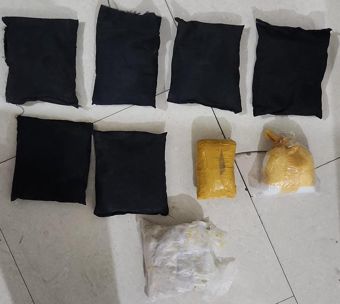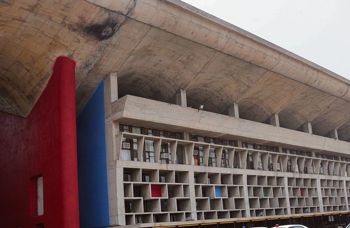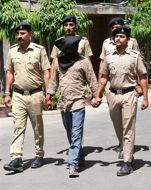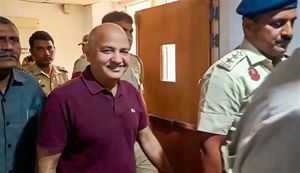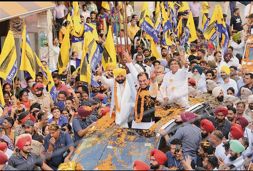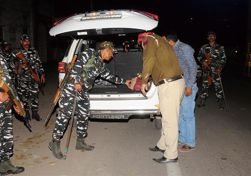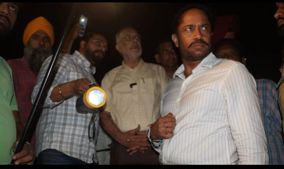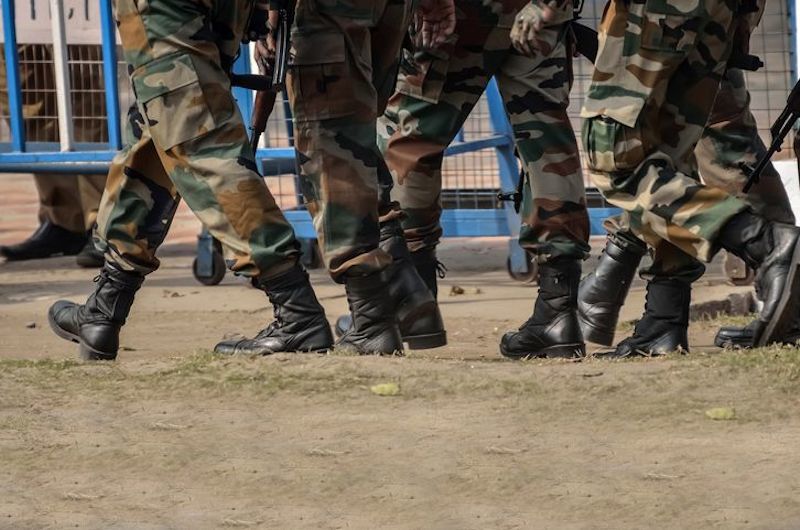
Photo for representation. File photo
Col Ramesh Davesar (Retd)
IN August 1969, my battalion reached Srinagar en route to Kupwara. We checked in at the Transit Camp Officers’ Mess (TCOM), where we were welcomed by a gentle civilian employee dressed in a Kashmiri Pandit’s attire. He was Abdul, the receptionist-cum-bar head. In the meantime, a few more transients arrived. Surprisingly, Abdul knew most of them by their names and units. Donning a different hat later in the evening, Abdul was manning the bar, extending bespoke service to officers. While my seniors were reviving old contacts with other transients, we, too, ended up meeting a few fellow-generation officers.
The unit was deployed along the erstwhile ‘Ceasefire Line’. By virtue of the vast spread, the interaction with other units was virtually non-existent. It was only while proceeding on or returning from leave/courses or some official duty that we could visit Srinagar. But whenever an opportunity arose, it was fun to be at the TCOM — a rendezvous to meet our friends. The inherent freedom sans regimental restrictions provided a much-needed break and became our home away from home — or simply ‘home away’. Abdul would assist us with details of known transients and also shared fauji gupshup. Normally, the stay here used to be overnight. However, the perennial closures of the highway due to landslides, with concomitant transport restrictions during dry days, often fulfilled our desire for an extended stay. There was a set routine. The confreres in respective cabals spent the evenings in the bar or ventured out either to Broadway — the movie hall next door — or to Lal Chowk for a repast.
With the war clouds looming large in 1971, the Army courses were either curtailed or cancelled. Along with the cancellation of leave, there was an unprecedented influx at the TCOM. The staff led by Abdul ensured that all transients were provided with essential needs.
In 1973, we were set to move to a peace station. While enjoying the parting hospitality at our ‘home away’, our deepest admiration was reserved for Abdul for his dedication and care.
In 1991, the battalion under my command again moved to the Kashmir valley. It was fun to be back at ‘home away’, only to learn that Abdul had since retired and been replaced by Shukla ji.
Sensing my apprehension, an old staff member assured me: ‘Sahib, sab pehle jaisa hai. Shukla ji mein Abdul ki rooh hai.’ It did not take us long to find that Shukla ji was emulating his predecessor. During the 1990s, militancy led to the imposition of stringent restrictions on troops. We had no option but to remain within the confines of the TCOM. Shukla ji and the staff provided care and comfort.
It was the likes of Abdul and Shukla ji who, by dint of their sheer altruistic contribution, made the TCOM a ‘home away’. I learnt later that Abdul had passed away after retirement, while Shukla ji had died in harness.
Join Whatsapp Channel of The Tribune for latest updates.





















